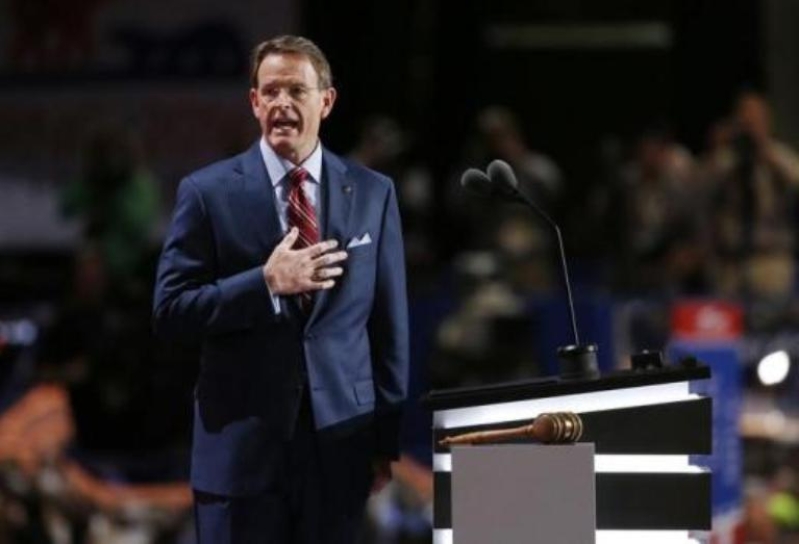
This week as Religious Freedom Day 2017 was observed and U.S. citizens prepare for a transition to a new president, Tony Perkins, president of the Family Research Council in Washington, D.C., offered some recommendations about what President-elect Donald Trump could do in the future about religious freedom.
In a piece prepared for Fox News, Perkins -- who is a former Louisiana legislator who served for eight years -- cued off of the teachings of Baptist minister and famed African-American civil rights activist Martin Luther King, Jr., who said "[o]ur lives begin to end the day we become silent about things that matter." Perkins reminded that without a public square that was open for religious conviction to work and speak, King's efforts would not have met the success they did.
King also said, "[t]here comes a time when one must take a position that is neither safe, nor politic, nor popular, but he must take it because conscience tells him it is right."
Family Research Council's mission is to advance faith, family and freedom in public policy and the culture from a Christian worldview. Perkins stated he believes Americans need the same freedom in the workplace, in school, in the public square, in homes, and in churches. "Everywhere there is air, there must be the freedom of conscience, the freedom of religion, and we must exercise it."
The feeling that religious freedom is under attack significantly impacted the results of this past November's election, Perkins argues. Fifty-nine percent of Trump voters, according to a WPA Opinion Research survey commissioned by Family Research Council, stated that how they cast their ballots was impacted by the Republican Party platform's positions on life and religious liberty. This represents more than 37 million voters, he said.
Perkins suggested the following three areas as religious freedom priorities:
1. Religious liberty in the military needs to be addressed. "Over the past several years we have witnessed chaplains being disciplined for their faith, and religious speech being censored. President-elect Trump can direct that religious liberty in the military be clarified and strengthened, and that appropriate training is conducted to ensure the law is followed."
2. U.S. foreign policy has not prioritized religious freedom like it should. "President-elect Trump must direct that religious freedom be properly integrated into all foreign policy of the United States at every level. As even the United Nations has recognized, religious freedom is not just an American right, it is a human right. Defending that human right has been an American value until recent years."
3. President-elect Trump should also follow through with his pledge to issue an executive order, reinstating government-wide protections for religious liberty. "But executive orders halting attacks on religious freedom are just the start, there are many more anti-religious freedom policies of the Obama administration that must be reversed. That's why government nondiscrimination legislation is needed to protect supporters of marriage between one man and one woman.
People of faith should not be punished by the government for living in accordance with their beliefs appears to be one of Perkins' main points.
Family Research Council is a nonprofit organization launched in 1983; Perkins became the group's fourth president in 2003.






